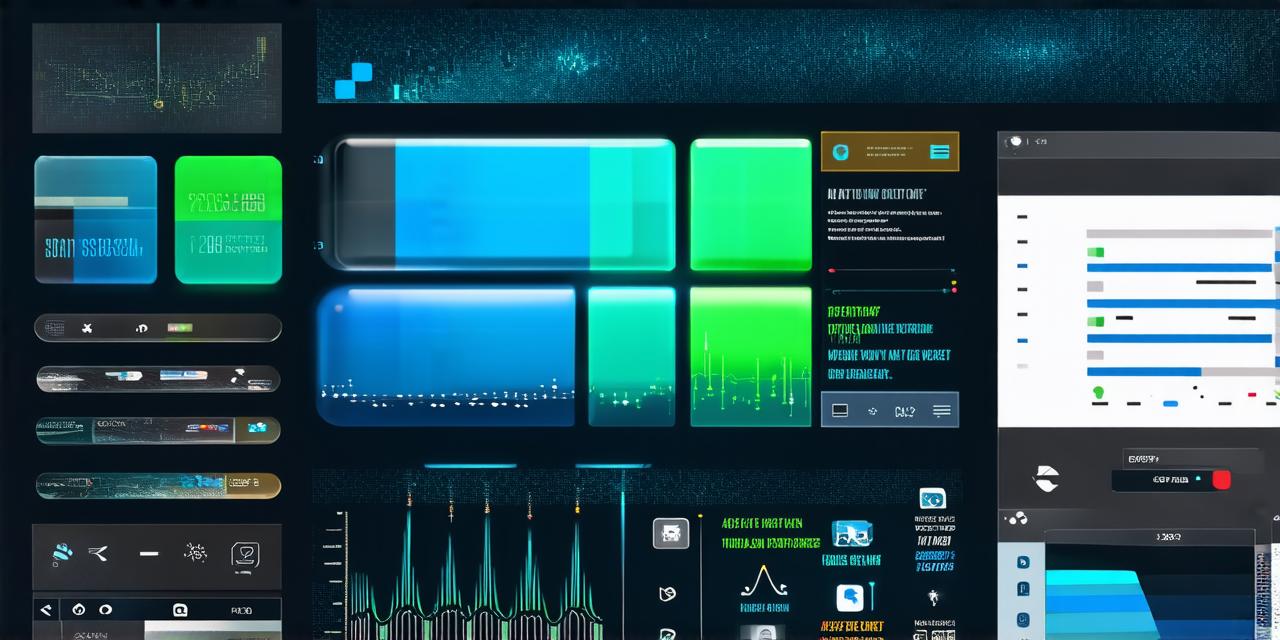Introduction
App development is an ever-evolving field, and developers need the right tools to create successful apps. From coding languages to software development kits (SDKs), there are countless options available for app developers to use. In this article, we will explore what software developers use and why they choose these specific tools.
Coding Languages
When it comes to coding languages, there are several options available for app developers. Swift is the primary programming language used for iOS app development, while Kotlin is used for Android development. However, both languages can be used on both platforms with the help of cross-platform development tools. Other popular languages include Java, C++, and JavaScript.
Integrated Development Environments (IDEs)
An IDE is a software application that provides developers with an environment to write, compile, debug, and run code. There are several IDEs available for app development, including Xcode for iOS development and Android Studio for Android development. These IDEs offer features such as syntax highlighting, code completion, and debugging tools to help developers create apps more efficiently.
Testing Tools

Testing is an essential part of the app development process. There are several testing tools available for app development, including automated testing tools such as Jest and Detox. Manual testing can also be performed using tools like Appium and Firebase Test Lab. These tools help developers identify bugs and improve the overall quality of their apps.
Version Control Systems
Version control systems (VCS) allow developers to track changes to their code and collaborate with others on a project. Git is the most popular VCS used in app development, with other options such as SVN and Mercurial also available. Git offers features such as branching and merging, which make it easy for teams to work together on large projects.
Debugging Tools
Debugging tools help developers identify and fix bugs in their code. These tools include debuggers, profilers, and crash log analyzers. Xcode’s built-in debugger is a popular choice for iOS development, while Android Studio has its own debugger called Dart Debugger. These tools allow developers to step through code, view memory usage, and analyze crashes to improve the performance of their apps.
Cross-Platform Development Tools
Cross-platform development tools allow developers to create apps that run on multiple platforms with a single codebase. These tools include React Native, Flutter, and Ionic. These tools offer features such as native components and offline support, making them popular choices for app developers who want to save time and resources.
Case Studies: Using Software Development Tools in App Development
One example of software development tools being used in app development is the use of React Native by Facebook. Facebook developed the popular messaging app WhatsApp using React Native, which allowed them to create a single codebase that could run on both iOS and Android platforms. This helped them save time and resources while also providing users with a seamless experience across different platforms.
Another example is the use of Android Studio by Google for Android development. Android Studio offers features such as instant app previews, which allow developers to test their apps in real-time on an emulator or physical device. This helps developers identify and fix bugs early on in the development process, reducing the time and cost of fixing them later on.
Conclusion
In conclusion, there are several software development tools available for app developers to use. These tools include coding languages, IDEs, testing tools, version control systems, debugging tools, and cross-platform development tools. By using these tools, app developers can create high-quality apps that run seamlessly across multiple platforms. Whether you’re a seasoned developer or just starting out, choosing the right software development tools is essential for creating successful apps.



